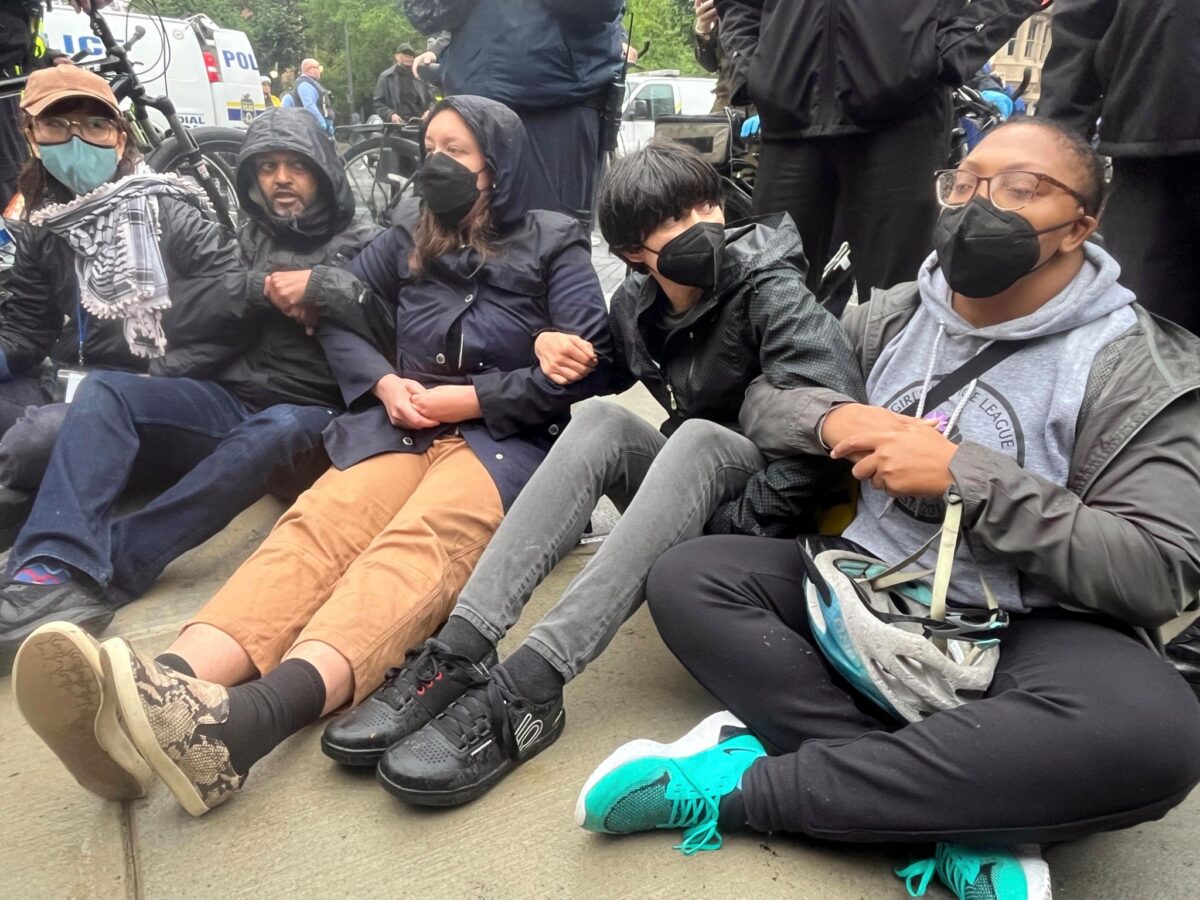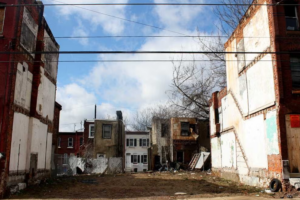New policies on protests and an Office of Religious and Ethnic Inclusion has been implemented at Penn.
Colleges and universities in the Philadelphia area and across the state have welcomed students back this fall after a tumultuous spring filled with protests, violence, and antisemitism. The backlash to how poorly colleges handled the protests was so ferocious, it led to the resignations of several high-profile school presidents, including Penn’s Liz Magill.
October 7th will mark one year since Hamas’ brutal surprise terrorist attack on Israel, which left thousands of Israelis injured or killed, while many are still being held hostage. School officials are preparing for the anniversary by bolstering security around Jewish cultural and religious spaces, starting task forces to combat antisemitism on campuses, and ensuring rules regarding campus protests are followed.
Among the changes made at Penn as a result of the disruptive, violent protests this spring is the creation of a new Office of Religious and Ethnic Inclusion. The new office has been praised by the Jewish Federation of Greater Philadelphia and the American Jewish Committee’s Center for Education Advocacy. Some are still wary, with Rabbi Rav Shai Cherry withholding judgement “until they see results.”
Penn’s new guidelines on protests include a ban on overnight demonstrations, the prohibition of the use of bullhorns before 5PM, and that posters only be allowed for two weeks.
Since anti-Israel protests began after Hamas’ terror attack, Jewish students at colleges across the country experience harassment, intimidation, and even violence from pro-Hamas activists. After investigating a series of incidents, an investigation by the U.S. Department of Education determined that Drexel University failed to adequately address them and concluded the school was a “hostile environment” for Jewish students. Drexel has agreed to address the issues in the Department’s findings.
Addressing campus safety for Jewish students is critical as just last month, Jewish students at University of Pittsburgh were attacked by a suspect wearing “a kaffiyeh, a traditional checkered scarf worn in the Middle East and increasingly displayed as a symbol of solidarity with Palestinians.”
Jewish students at Penn testified this summer in front of the Pennsylvania Senate, saying they witnessed and experienced “antisemitic chants, imagery, and direct threats, including the glorification of terrorist organizations and calls for violence against Jews.” Those same students are facing antisemitic vandalism this fall, as a group banned from campus defaced a status of Benjamin Franklin on campus.





